Recent research reveals that about 40% to 55% (roughly 47 million) cats in the US are considered to be overweight or obese. Most people think flabby cats are cute (I do, too!), but as a responsible pet owner, you have to understand that obesity in your feline friend is just as serious as it is for humans.
“Fat cats” may have turned out to be the alarmingly new “normal”, but keep in mind – too much weight can contribute to your pet developing many serious medical problems.
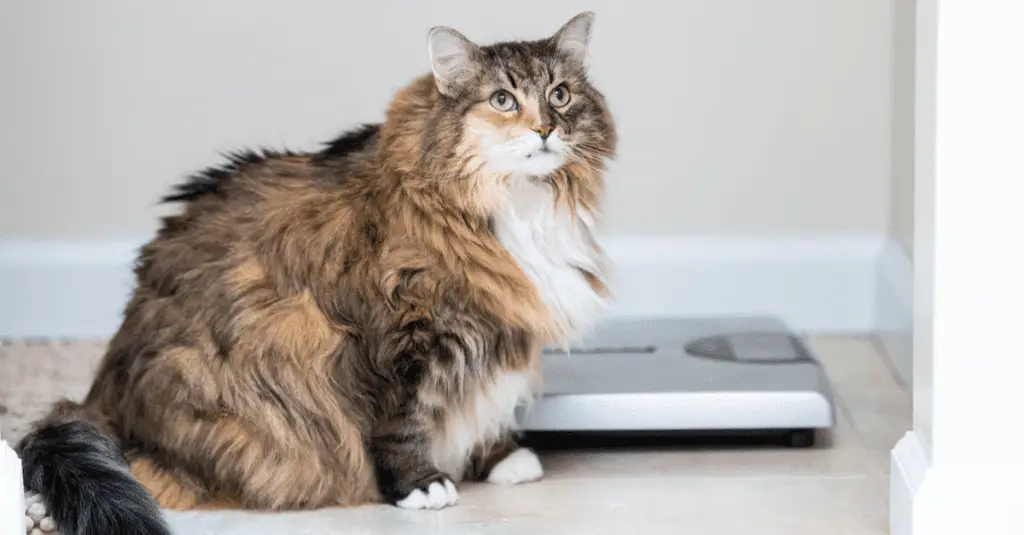
What Causes Obesity and Why it is Dangerous?
An obese feline is defined as one of which that weighs at least 20% more than his ideal body weight. While some cats have predisposed medical issues that make them particularly susceptible to obesity, weight gain is often just a result of mere overfeeding.
Yes, let’s not skip the obvious.
Researchers agree that giving your cat too much food is a major contributor to having an overweight or obese cat. An average 10-pound feline often requires only 180 to 200 calories every day. Since cats cannot feed themselves, pet owners are the ones responsible for what their feline friends are consuming and how fat they are actually getting.
Obesity causes a number of health issues in cats. If you’re not careful, your feline friend will develop life-threatening problems like arthritis, heart and lung diseases, hypertension, weakened immune function, diabetes, and even cancer.
Bear in mind it has been proven that cats who are able to keep an ideal body weight tend to live longer with fewer health problems as compared to overweight or obese felines.
How to Help Kitty Trim Down
- Feed her a restricted diet with high-protein, low-carb regime.
- Instead of free-feeding your cat, feed her with regular, carefully measured meals two or three times a day.
- Do not feed kitty table scraps and avoid indulging her with too many treats.
- Monitor and ensure that she’s not eating or sneaking food from other sources.
- Make a chart of your cat’s weekly body weight. A digital baby scale would be useful for this end.
- Provide daily exercise through games and use of safe toys.
- Lavish her with attention and let her enjoy human companionship.
- Supplements may be considered but always check with your vet first before administering one.
Once your kitty is back to her normal, healthy body weight, keep feeding her a high-quality, balanced diet in the proper amount so that she can maintain that new weight.
The Catington Post is reader-supported. That means, if you make a purchase through links on our site, we may earn an affiliate commission. All images and names which are not the property of The Catington Post are the property of their respective owners.

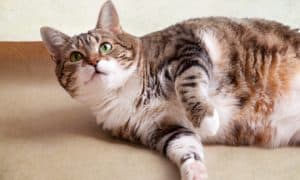

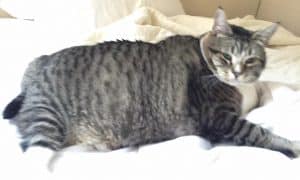

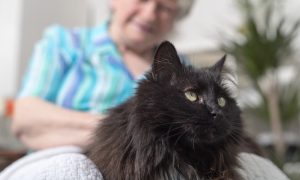





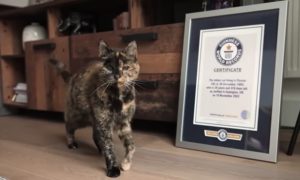

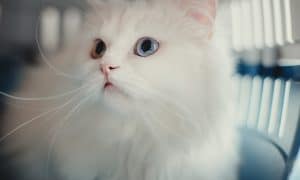

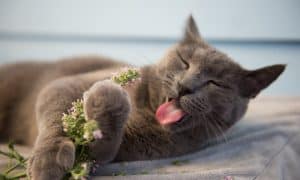



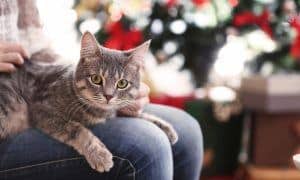

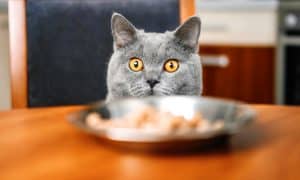



Pingback: Advice from the Vet: Caring for your Senior Cat - The Catington Post
Pingback: Pumpkin for Cats: Is It Safe and Beneficial? - The Catington Post